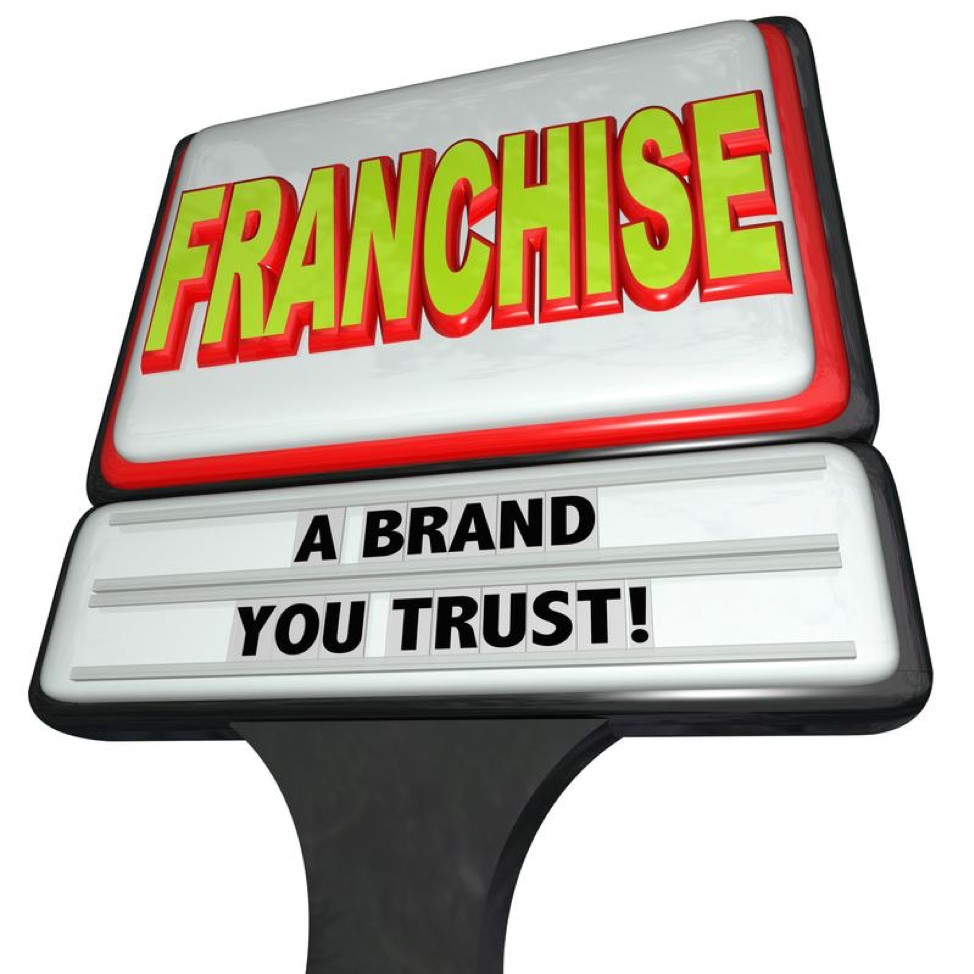The food industry is a business that holds promise and continuously attracts new entrants into the market. At the same time, there is much that people wanting to learn about the industry need to know. For those who are curious about how the food industry works, here is some necessary information about corporately-owned restaurants and franchises.
Corporate Basics
A corporately-owned store is a business that is entirely run out of a headquarters. In a corporately-owned restaurant, the corporate parent owns either the store in question, or all of the restaurants in the chain. Under this arrangement, there is no struggle between the store owner and corporate, since they are the same entity.
Franchise Basics
In a franchise model, there is a corporate parent, but individual restaurants have different owners. Franchises give hesitant entrepreneurs options to enter the industry. While opening up a new business is inherently a risky proposition, for many, by purchasing a franchise from a well-respected franchisor, they feel that they can reduce the amount of risk involved. They also don’t need to be experts in that field or that industry. Trained experts can train new franchise owners on the ins and outs of the business.
Pros and Cons of Franchises
Purchasing a franchise allows you to own a business without having to start a brand entirely from scratch. You can rely upon the corporate headquarters for many of the difficult tasks such as marketing and menu creation. The flip side is that franchise owners often do not have sole control over how they run their business and must cede some decision-making authority to the corporate parent. To finance a franchise, you can go to a franchise financing company, obtain a traditional loan or you can get a loan from the Small Business Administration.
Pros and Cons of Corporate Stores
One of the benefits of corporate restaurants is complete uniformity between all of the locations. Without individual franchises, there will be less variation among the branches. Corporate decisions can be executed quickly. This is usually the favorite of startups who do not want to be beholden to the whims of a distant corporate overlord.
There are many different models on which the food industry runs. While there is no one superior way to structure the industry, each model has its benefits and drawbacks.
Here’s another article we think you’ll find interesting!
